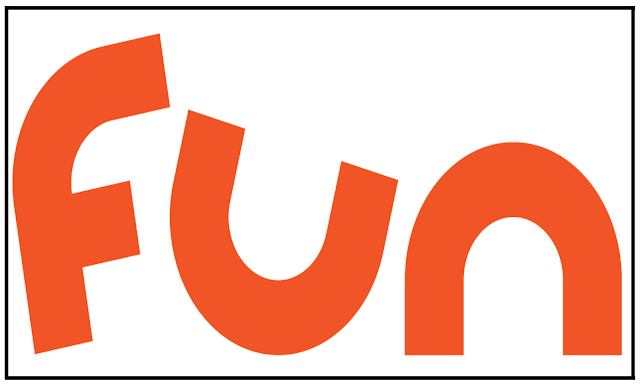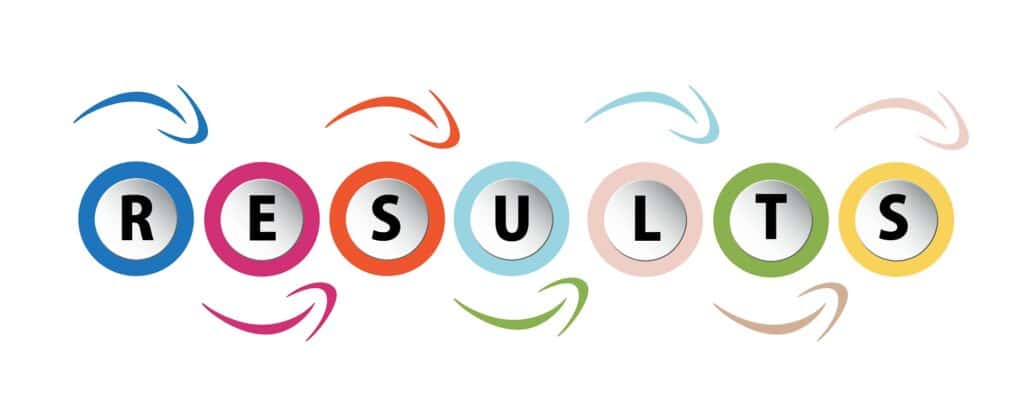We tend to take a very dim view of extremely controlling people and extremely controlled societies; because we instinctively know that being highly controlled tends not to lead to individuals who will flourish. At the root of our unease, I think, is a sense that people should be free to do what they want, within reasonable limits, and I’ve always thought that choice and autonomy are desirable things, for adults and students. This is backed up by an extensive and compelling body of research; so much so that autonomy is recognised by psychologists as one of three conditions likely to lead to human flourishing; and we’ve built it into our own Wellbeing Principles, which we use to drive policy and process.

That was one of the main issues around Covid-19 restrictions. Students’ choices (all our choices!) were dramatically reduced; where they could go, how long they could stay there, where they could sit, who they could sit with and so on. But – big surprise – many (not all) students did not just rise to this challenge, but actually flourished This has got me thinking about what it is that we really value in choice. I’ve realised that a lot of the time I was thinking about choice and autonomy rather vaguely, as if they are the same thing – but I have now come to think that these are two very different things; and one matters much more than the other. It’s clear that choices can be better or worse; more or less informed. And we care about being informed; advertising standards exist to prevent consumers being duped by duplicitous adverts; we despise mendacious politicians. Anyone purchasing or voting on the basis of lies or misinformation may be making a choice, but I’d hesitate to call it an autonomous choice if it is not well-informed, tightly linked to what’s true, and aligned with their values.
We recognise the same thing in other cases. A young child may ‘choose’ to run across a busy road without looking properly; this is a choice that reflects a very limited understanding; as such I wouldn’t say the infant was fully autonomous. Similarly for adults with addictions. In these cases, choices made may be under full knowledge, but recovered addicts describe how they were in some way ‘enslaved’ to drugs or food or whatever; again, the choices made in that state were not fully autonomous.
So making choices is not a sufficient condition for autonomy (this alone has significant consequences for schools, and we’ll return to it later). Other examples show that making choices are not even necessary; we can maintain our autonomy without them: Nelson Mandela wrote of his prison guards: “They had abused me physically; they had abused me emotionally; they had taken me away from my wife and children; I wouldn’t see my children grow up; eventually it would cost me my marriage. They’d taken everything away from me but my mind and my heart. And I realized that I would have to give those things to them – and I decided not to give them away.” By understanding his situation, and rising above it, we can say that Mandela was able to retain his autonomy in the harshest of circumstances, even though he had very few choices available to him. And as I mentioned above, dramatic reduction in student choices under Covid-19 restrictions did not prevent all students from flourishing.
Admittedly, these are rather extreme cases, but their dramatic nature makes clear the difference between choice and autonomy – which is not always so clear in everyday circumstances. Nor is this some abstract debate; in schools and as parents we make, on a daily basis, decisions around how much choice to give our students and our children, and in what areas, in order to develop the autonomy under which they will flourish. In light of the distinction I have made, perhaps it is a mistake to focus on choice as a direct means to the autonomy we want to see in our young people.
So what, precisely, is the relationship between autonomy and choice?
I want to suggest that autonomy is the state of mind that makes our choices meaningful. We’re autonomous when we have enough understanding and self-awareness to be able to make choices that align with our values and genuine interests. We’re autonomous when we know enough (about the world, adn about ourselves) to be able to not follow the crowd unless it’s going where we want to go. When our autonomy is low, our choices are more likely to be whimsical, biased, ill-informed or just ‘because everyone else is doing it’; and more likely to be self-destructive. When our autonomy is high, we’re more likely to make choices we’ll never regret, choices we can be proud of. Autonomy, therefore, liberates us to be our best selves.
How might this manifest in schools?
- Students who responded well to pandemic restrictions did so because they knew why we have limited their choices; they understood the restrictions and could see the sense behind them. They endorsed the rules because their autonomy has been respected; and they are therefore making good choices.
- We can promote autonomy by ensuring students have the facts they need, and the time to reflect on their own attitudes to those facts. That implies a more structured pedagogy than is sometimes associated with student autonomy.
- We need to think carefully about whether the choices we offer students really offer autonomy or only appear to do so. That is, we need to pay attention to making the choices informed and meaningful.
- Reducing choices is not necessarily in tension with reducing autonomy. This is clear from the Covid case discussed; it also has implications for, for example, programme structure and subject choices
- We need to explicitly address notions of choice with students to help them recognise that there are times when less is more.
There’s a lot to think about here, and I want to end with a further distinction. The idea of autonomy needs a little care: We’re not looking to develop autonomous students that are like the soon-to-be-common autonomous cars. The cars will, we hope, respond to their environment (‘make choices’) to navigate their world efficiently and safely; avoiding accidents and providing a useful service. But that’s far too low a bar for humans. The autonomy we are seeking is more akin to agency – which means that unlike cars which follow their programming, our students will be able to:
- Set their own goals, in line with their beliefs and values;
- Identify and reflect on the norms and behaviours around them; and then choose whether to accept to reject them;
- Shape their own experiences and own life trajectories, individually and collectively.
In sum, the autonomy/agency we want is that which will support the creation of conscious and reflective agents of change to fulfill the UWCSEA Mission.
References
- Dan-Cohen, M. (1992) Conceptions of Choice and Conceptions of Autonomy. Ethics Vol. 102, No. 2. University of Chicago Press.
- de Souza, R (2013) How Nelson Mandela Inspired the World. National Post.
- Reeve, J. and Jang, H (2006) What Teachers Say and Do to Support Students’ Autonomy During a Learning Activity Journal of Educational Psychology, Vol. 98, No. 1, 209 –218
- Reeve, J. and Halusic, J (2009) How K-12 teachers can put self-determination theory principles into practice. Theory and Research in Education 2009; 7; 145
- Ryan, R. and Deci, E. (2017). Self-Determination Theory Guilford Press
Thanks to Ellie Alchin and Carla Marschall for the conversation and advice on this topic; and to Tricia Ebarvia for her post that got me thinking about this.



2 Responses
Thank you and your next article shd be about freedom to choose and religion / love
Thanks Edmund. I shall give it some thought and see if I can write something on those topics 🙂